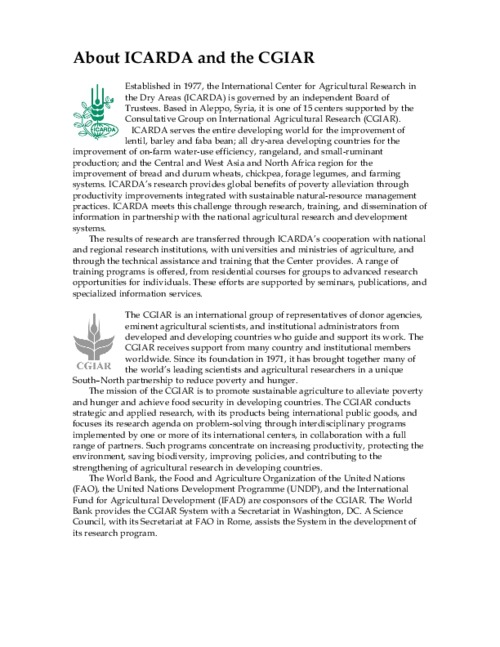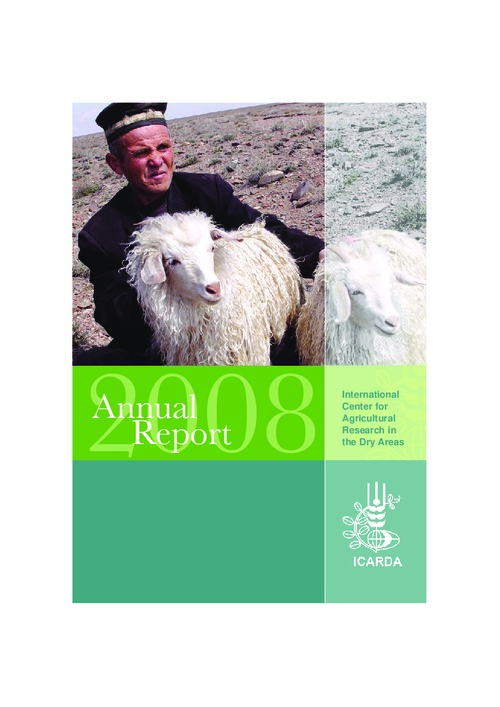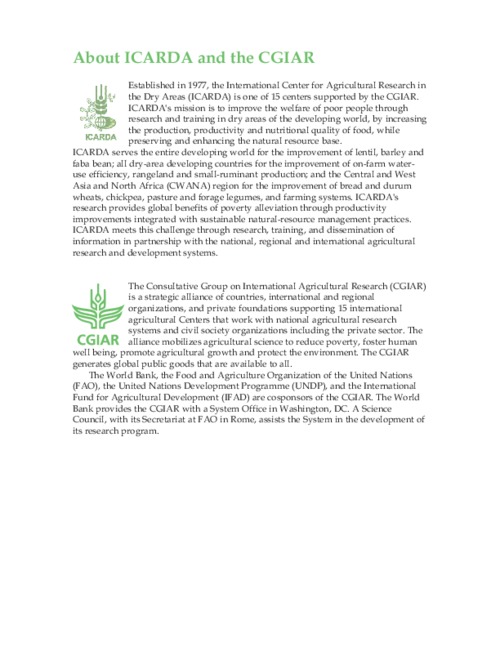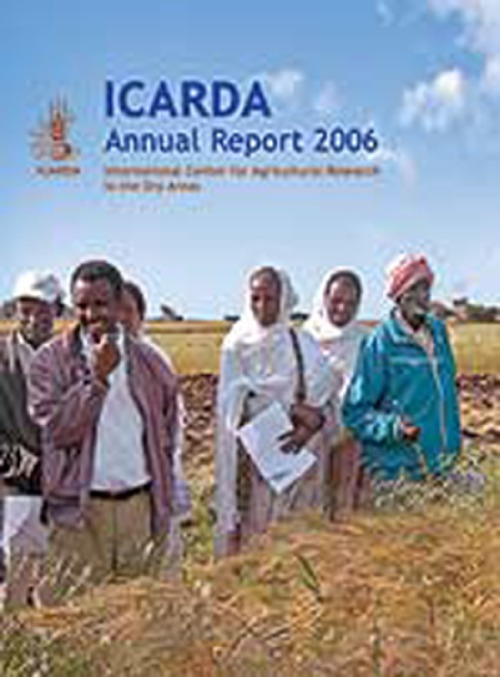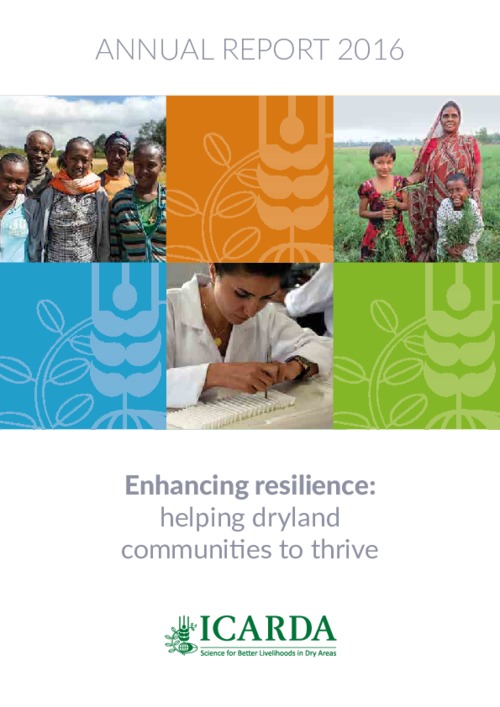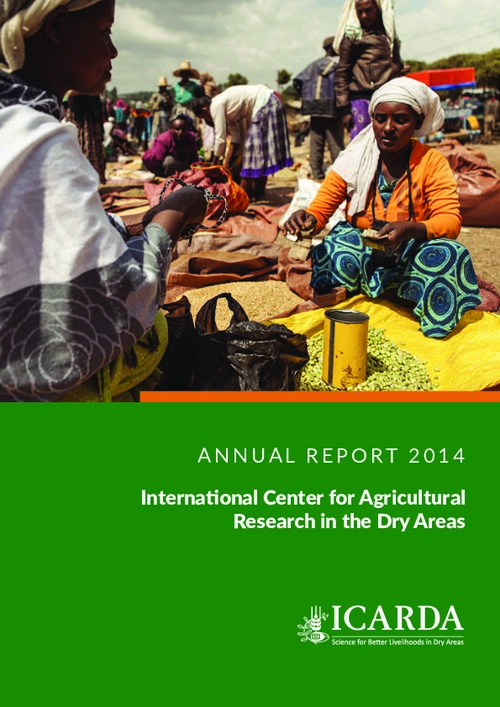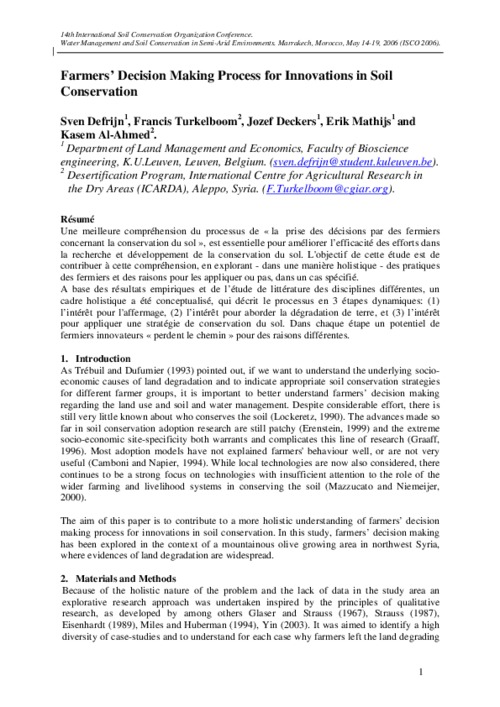ICARDA Annual Report 2005
The year 2005 was an important milestone in the efforts of ICARDA and its partners in meeting the global challenges of agriculture in dry areas through the application of science. In an assessment of all 15 CGIAR Centers (based on science quality and relevance, impacts, partnerships, and financial and institutional health), conducted by the CGIAR in collaboration with the Science Council and the World Bank, ICARDA was rated outstanding" - one of only two centers to receive this rating.


